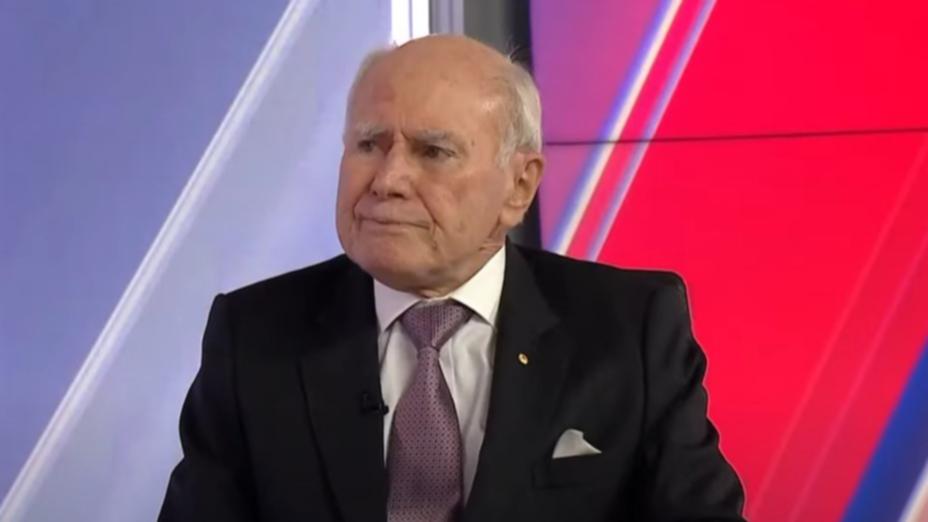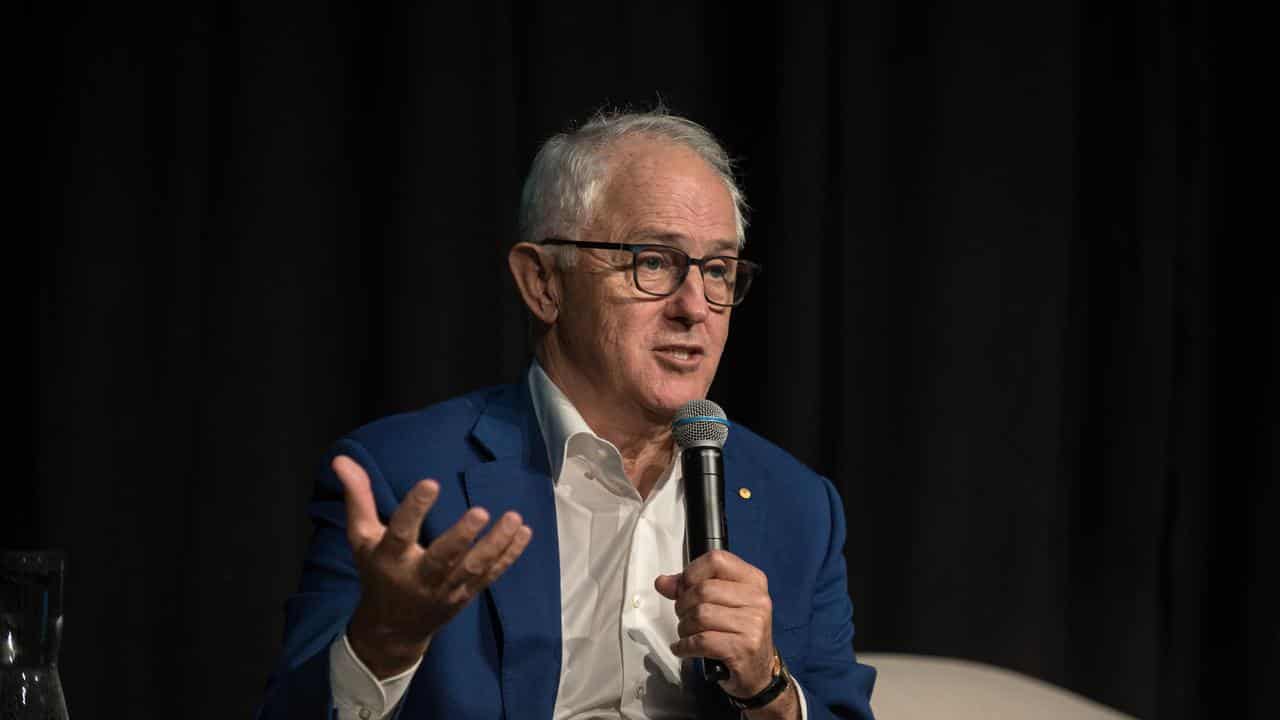Gaslighting in Politics Causes More Harm Than Many Realize

Gaslighting can occur beyond intimate relationships, impacting political environments as well. It can undermine confidence, causing people to question their own beliefs, values, and experiences.
The effects can be particularly harmful when those carrying out gaslighting hold positions of power, yet not surprisingly there is currently limited research on this phenomenon outside of romantic and personal relationships, including the parent-child dynamic. Such abuse in politics can lead to significant and often lasting damage to societies, creating confusion and lowering confidence. Essential beliefs can be altered, like the idea of a fair world, making it difficult to challenge misleading narratives. This widespread manipulation can erode the public’s ability to evaluate policies on critical issues, blurring the lines between genuine concern for citizens and misleading rhetoric.
Research indicates gaslighting is a societal problem that flourishes in relationships characterized by imbalanced power dynamics. This form of manipulation frequently takes advantage of gender stereotypes, as women typically do not possess the same cultural, economic, and political power and resources to gaslight men, highlighting the gender-specific aspects of the issue.
Staying objective is essential because gaslighting often targets our feelings. To counteract this, it is important for credible news organizations, dedicated public officials, and engaged citizens to collaborate in sharing accurate information, personal stories, and trustworthy resources. Community initiatives can include supporting honest political candidates, promoting efforts that expose gaslighting methods, and having open discussions with friends, relatives, and colleagues to develop ways to challenge these harmful narratives.
Credible news organizations can play a vital role by providing fact-checked reporting and in-depth analysis to help the public navigate complex issues. They can serve as a safeguard against misinformation by highlighting the importance of evidence-based journalism and supporting media literacy among their audiences. Public officials can uphold transparency and accountability, ensuring that their communications are clear and honest, by prioritizing integrity in their messaging to help restore trust in public discourse.
Open discussions are also necessary to challenge harmful narratives. By cultivating an environment where people feel safe to express their thoughts and feelings, communities can collectively work towards identifying and addressing instances of gaslighting. These conversations can lead to greater awareness and understanding, equipping individuals with the tools they need to confront misinformation and support one another in their pursuit of trustworthiness.
Combating gaslighting requires a multifaceted approach that involves collaboration among credible news organizations, engaged citizens, and accountable public officials. By sharing accurate information, personal stories, trustworthy resources, and by engaging in open dialogue, communities can build resilience against the harmful effects of this form of gaslighting.




